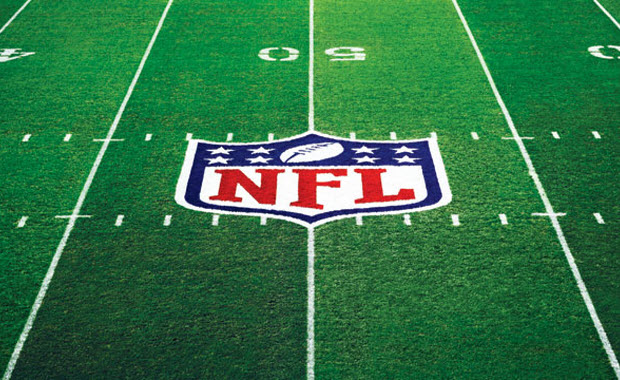My favorite fall pastime now just makes me sad.
In the latest NFL off-season, four relatively young players decided to walk away from multi-million dollar contracts and instead retire from football. While only one of the players expressly cited trauma from concussions as a reason for quitting, the trend suggests that football players are becoming increasingly aware of the physical tradeoff that comes from playing such a violent sport.
But the debate should not be left to the players alone—NFL fans should also be asking themselves about the morality of supporting a business that encourages such violence and barters human life for capacity crowds.
Make no mistake, I love the game. I grew up watching football. Forget back-to-school and pumpkin spice flavoring, for me, fall has long meant that my beloved Kansas City Chiefs were back on the field. Until last year, I spent Sunday afternoon flipping back and forth between the games on TV and watching scores on the Internet.
Then came the Ray Rice and Adrian Peterson domestic violence cases followed by a Washington Post article about two battered wives of NFL players that details the lengths to which the NFL will go to protect its players in cases of domestic abuse. As one of the wives explained:
“You get brainwashed. It’s so ingrained that you protect the player, you just stay quiet. You learn your role is to be the supportive NFL wife,” says one of them, the one-time wife of a Saints player who asked to speak anonymously because her now ex-husband is still associated with the league. Otherwise, she says, “You’d cost him his job.”
I realized as I read that article that on the grounds of my personal integrity, I needed to stop watching football. I knew it was in some sense a fruitless boycott, as the NFL continues to be the most popular and lucrative sport in the United States, but I wasn’t going to unknowingly cheer for a player who would go home to beat his wife or children.
I am not naïve enough to believe that the alpha-dog, fraternity-like atmosphere of the NFL is unique to sports. I believe that most if not all professional teams have multiple skeletons in their closet with respect to crossing ethical lines in keeping a star player out of trouble. What does set the NFL apart for me is the gross irony of what teams protect their players for—to parade them out on a football field to play a violent sport that may, over time, reduce their neurological functioning.
The 2012 suicide of Hall of Famer Junior Seau, a death later attributed to a chronic brain injury that can cause depression and confusion, brought the discussion of neurological trauma to the forefront. Understanding the magnitude of the problem is difficult as some types of trauma can only be diagnosed after death, but a 2013 study did show that the executive functioning of NFL players is reduced relative to the general population. In the end, it doesn’t really take brain science to tell me that watching a player take repeated hits to the head is watching his life slip away, either in terms of years lived or quality of life.
So young men play this game for what I suppose is both the glory of competition and the sizable contract. The teams they play for feed their ego and their sense of invincibility on and off the field. Players are protected from accountability for things like domestic abuse but not protected from serious long-term neurological damage that will likely only show up after their career, and thus their worth to the NFL, has ended. It feels like it ought to be the stuff of a dystopian novel, not real life.
Yes, the handfuls of people boycotting the league really make no discernible impact on the NFL’s bottom line. And I know it’s up to the players to make their own decisions about risk-reward of playing. But all that said, I have made my decision about where my money and viewership goes. My favorite fall pastime now just makes me sad. I don’t want to cheer for a player who may be slowly killing himself.
Anne Penniston Grunsted writes about parenting, disability, and family life from her perspective as a lesbian mama. She has been published in The Washington Post, Brain, Child Magazine, Mamamia, and won the 2014 Nonfiction prize from Beecher’s Magazine. She lives in Chicago with her partner and son.
Related Links:

